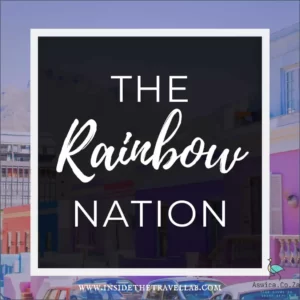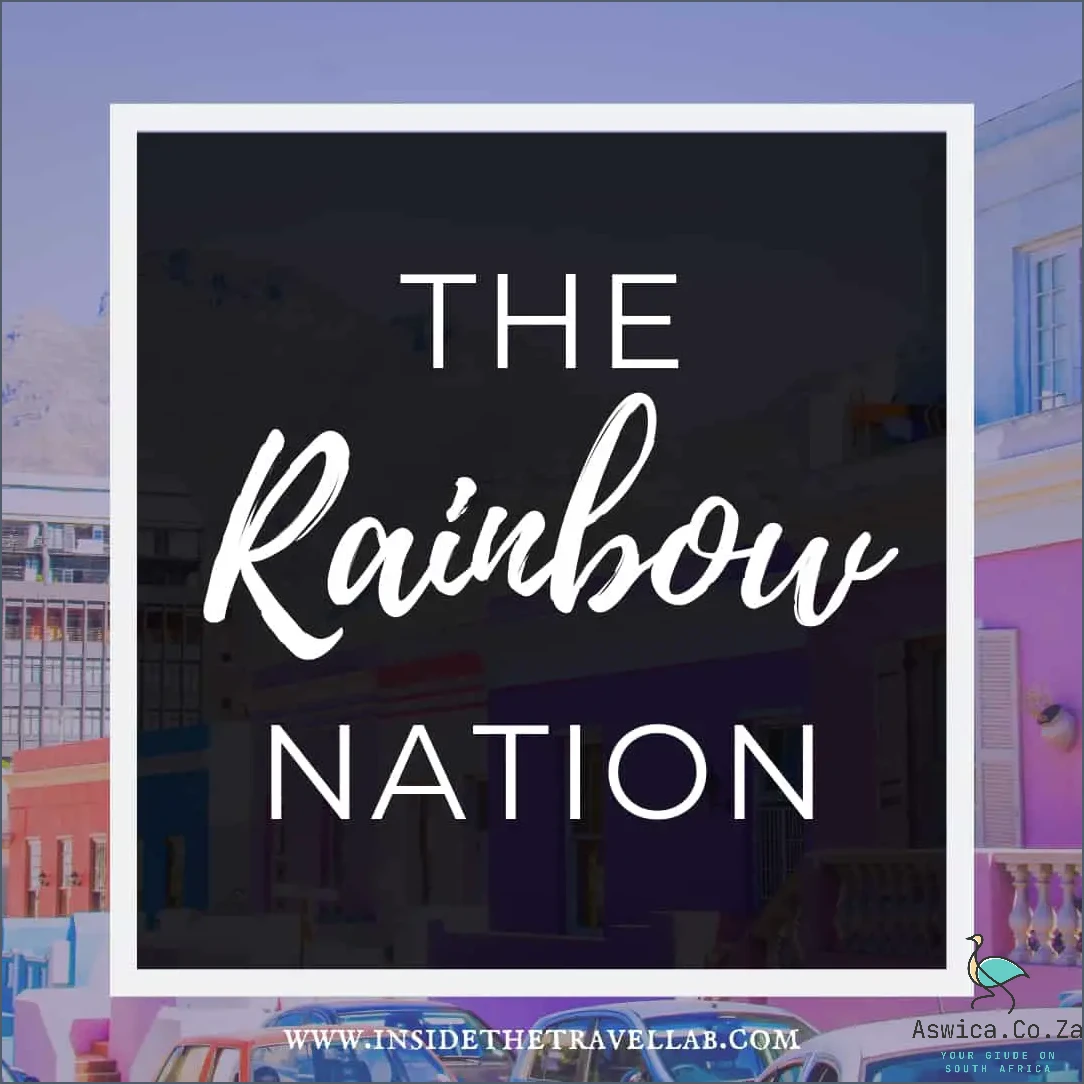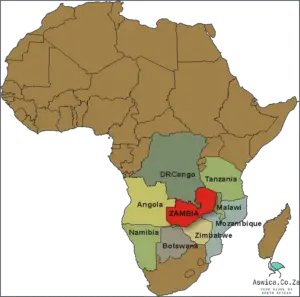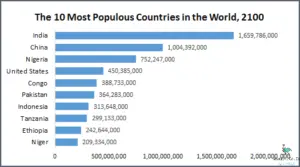
South Africa is not considered as a reading nation for a variety of reasons. First and foremost, literacy rates in South Africa are relatively low. In 2015, only 63.4% of the population aged 15 and over was considered literate. This is significantly lower than the global average of 86%.
There are a number of factors that contribute to low literacy rates in South Africa. One is the high rate of poverty. According to the World Bank, over 30% of the population lives below the national poverty line. This means that many people cannot afford to buy books or have access to library services.
Another factor that contributes to low literacy rates is the high rate of unemployment. In 2015, the unemployment rate was 26.7%. This means that many people do not have the time or the resources to dedicate to reading.
Finally, the high rate of crime in South Africa is also a contributing factor. According to the South African Police Service, there were over 2.2 million reported crimes in 2015. This includes a high rate of violent crime, which can deter people from going to public places such as libraries.
Despite the challenges, there are a number of initiatives in place to try to improve literacy rates in South
Contents
- 1 Why South Africa Is Not Considered As A Reading Nation
- 2 Historical Context: Historical background of South Africa’s literacy rate and its current state
- 3 Causes of Low Literacy: Reasons why South Africa’s literacy rate is so low, including lack of access to books and libraries, low quality of education, and poverty
- 4 Impact of Low Literacy: How low literacy levels have affected South Africa, including economic, social and political consequences
- 5 Conclusion
Why South Africa Is Not Considered As A Reading Nation
South Africa is unfortunately not considered a reading nation. This is due to various reasons. One of the main reasons is the lack of access to books and reading materials throughout the country. Many schools and libraries in South Africa lack a sufficient range of books, and many low-income households are unable to afford books or other reading materials. Other reasons include a lack of reading promotion initiatives and poor literacy rates amongst South African children. As a result of this, reading is not seen as an important activity by many South African citizens, leading to a lack of reading culture in the country. This affects South Africa’s ability to foster a reading nation and to promote literacy and education.
Historical Context: Historical background of South Africa’s literacy rate and its current state
South Africa has a long and complicated history when it comes to literacy. While the country has made strides in improving its literacy rate in recent decades, the nation’s past has had a significant impact on its current state.
As far back as the early 19th century, South Africa was home to a variety of languages and dialects, with many of the country’s citizens illiterate in all of these. In the late 19th century, the British began to promote their own language and culture, leading to an increased emphasis on the English language, and a corresponding decrease in other language and dialects in the country.
In the mid-20th century, South Africa faced more turmoil as the apartheid government began to implement its policies of racial segregation. This had a direct impact on the country’s literacy rate, as access to education for many citizens was severely restricted.
In the years since the end of apartheid, the country has made great strides in improving its literacy rate. However, South Africa still has a long way to go before it can be considered a reading nation. While the majority of the population is literate, there is still a significant portion of the population that is not.
In addition to this, South Africa’s education system is still far from perfect. Many schools lack the resources necessary to provide a quality education to their students, which in turn leads to a lack of literacy. Furthermore, many families are unable to afford to send their children to school, leading to a further decrease in the overall literacy rate.
Despite the issues that South Africa still faces, the country has made progress in recent years. The government has implemented initiatives to increase access to education, and there has been an increase in the number of books and other reading materials available to citizens.

Ultimately, South Africa still has a long way to go before it can be considered a reading nation. However, with continued effort and dedication, the country can continue to make progress and eventually reach its goal of becoming a literate society.
Causes of Low Literacy: Reasons why South Africa’s literacy rate is so low, including lack of access to books and libraries, low quality of education, and poverty
South Africa is often not associated with the concept of a reading nation. Despite having a population of over 55 million people, the country’s literacy rate is shockingly low. This is due to a number of factors, including a lack of access to books and libraries, low-quality education, and poverty.
The lack of access to books and libraries is a major contributor to South Africa’s low literacy rate. In many parts of the country, libraries are not easily accessible, and books are expensive. This is especially true in rural areas where people often do not have access to the internet or books. As a result, many people in South Africa are unable to access vital information and knowledge.
Another factor that contributes to South Africa’s low literacy rate is the quality of education. Due to funding shortages, South African schools are often ill-equipped and lack basic educational materials. In addition, teachers are often underpaid, overworked, and not properly trained. This leads to a decline in the quality of teaching, which further contributes to the country’s low literacy rate.
Finally, poverty is another major factor that affects South Africa’s literacy rate. Many people cannot afford to buy books or even attend school, which leads to a lack of access to education. This means that many people in South Africa are unable to gain the skills and knowledge they need to succeed.
In conclusion, South Africa is not considered a reading nation due to a number of reasons, including a lack of access to books and libraries, low quality of education, and poverty. By addressing these issues, South Africa may be able to improve its literacy rate and provide more people with the opportunity to gain the skills and knowledge they need to succeed.
South Africa is not considered to be a reading nation and there are various reasons why. The main one being that it has one of the lowest literacy levels in the world. This has had a significant impact on the country and its citizens in economic, social and political ways.
From an economic standpoint, the lack of literacy has resulted in low productivity and low wages. Studies have shown that low literacy leads to lower wages, fewer job opportunities and a lower overall standard of living. This means that many people cannot afford to purchase books or other materials to improve their literacy. Furthermore, the government has struggled to create job opportunities for those with low literacy, leading to a lack of economic growth and a cycle of poverty.
On a social level, the effects of low literacy can be seen in the form of low self-esteem, communication difficulties and social exclusion. Those with low literacy are often looked down upon by their peers and are unable to participate in conversations or activities that require reading or writing. This can lead to feelings of isolation and a lack of confidence. Furthermore, it can lead to an inability to take part in educational and employment opportunities.
Finally, the political implications of low literacy are far-reaching. Studies have shown that those with low literacy are less likely to be involved in politics and to vote. This means that their voices are not heard and their opinions are not taken into account. Furthermore, it can lead to a lack of understanding of the political process, which can lead to apathy and a lack of engagement with the political system.
Overall, it is clear that South Africa’s low literacy levels have had a major impact on the country and its citizens. It has resulted in lower wages, fewer job opportunities, social exclusion and a lack of political engagement. The government must take steps to improve literacy levels in order to reverse these negative trends and create a more prosperous future for all South Africans.
Conclusion
In conclusion, South Africa is not considered as a reading nation due to a variety of reasons. The country has a large illiteracy rate, high levels of poverty, and inadequate educational resources. Moreover, the quality of education in South Africa is low, resulting in low levels of literacy and a lack of enthusiasm for reading among its people. Additionally, cultural and economic factors, such as a lack of access to books and reading material, have contributed to the low reading rates in the country. Finally, South Africa’s youth face a variety of social and economic challenges, which further impede their ability to read. As a result, South Africa is not considered a reading nation.




